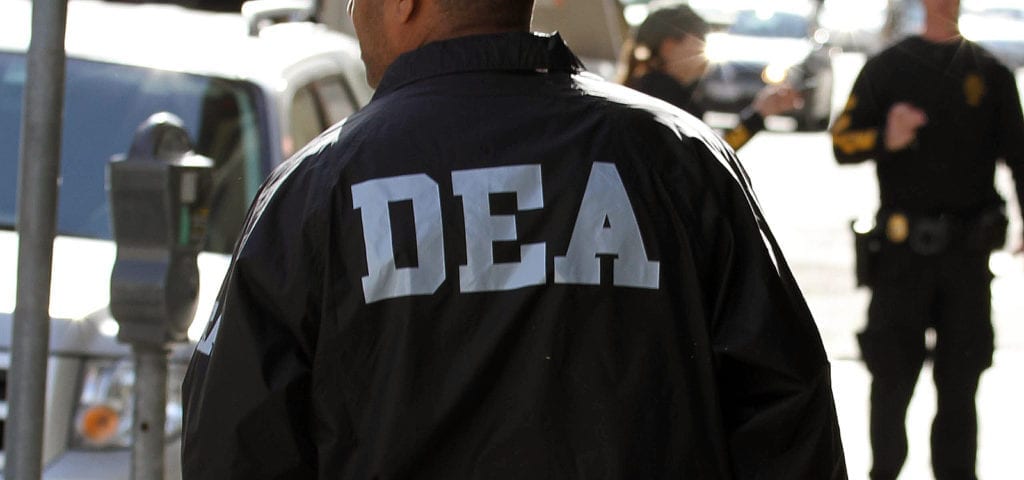The Cannabist has published a series of statements by the Drug Enforcement Agency that further muddy the waters of the legality of CBD products, claiming that the products are “being illegally produced and marketed” in violation of the federal Controlled Substances, and Food, Drug, and Cosmetic Acts.
“However, it is generally believed that the material is an extract of a variety of the marijuana plant that has a very high ratio of cannabidiol (CBD) to tetrahydrocannabinols (THC). Because this extract is a derivative of marijuana, it falls within the definition of marijuana under federal law,” the statement reads. “Accordingly, it is a Schedule I controlled substance under the CSA.”
The DEA contends that while the 2014 Federal Farm bill authorizes colleges, universities, and state Departments of Agriculture to cultivate industrial hemp, it “does not permit such entities, or anyone else, to produce non-FDA-approved drug products made from cannabis.”
“Thus, the CSA and FDCA restrictions mentioned above remain in effect with respect to the production of ‘Charlotte’s Web’/CBD oil for human consumption,” the statement says.
According to the statement, any individual or company producing or distributing CBD-based products must obtain approval from the DEA to do so and all CBD products must be obtained from an entity that holds a valid DEA authorization.
The statement takes aim at Charlotte’s Web specifically, claiming that because it “is reportedly being administered to pediatric research subjects, the potential dangers are even more pronounced.”
Last year, the DEA published a rule change creating a new Administration Controlled Substances Code Number for cannabis extracts. On its face, the move was not an enforcement action, and at that time the DEA reaffirmed its position that any substance derived from a cannabis plant that contains more than 0.3 percent THC is illegal; however in 2001, the DEA released a statement explicitly permitting the use of hemp-derived products that do not cause THC to enter the body. The FDA considers industrial hemp-sourced CBD to be a dietary supplement.
The DEA is currently embroiled in a lawsuit with the Hemp Industries Association, Centuria Natural Foods, and R.M.H. Holdings over the rule change. The plaintiffs contend that the rule change conflicts with the Farm Bill and actually moves hemp-derived CBD products into the definition of “marijuana extracts.”
The recent statements to the Cannabist appear to confirm the accusations in the lawsuit, which the DEA has denied in the court proceedings.
Get daily cannabis business news updates. Subscribe
End
